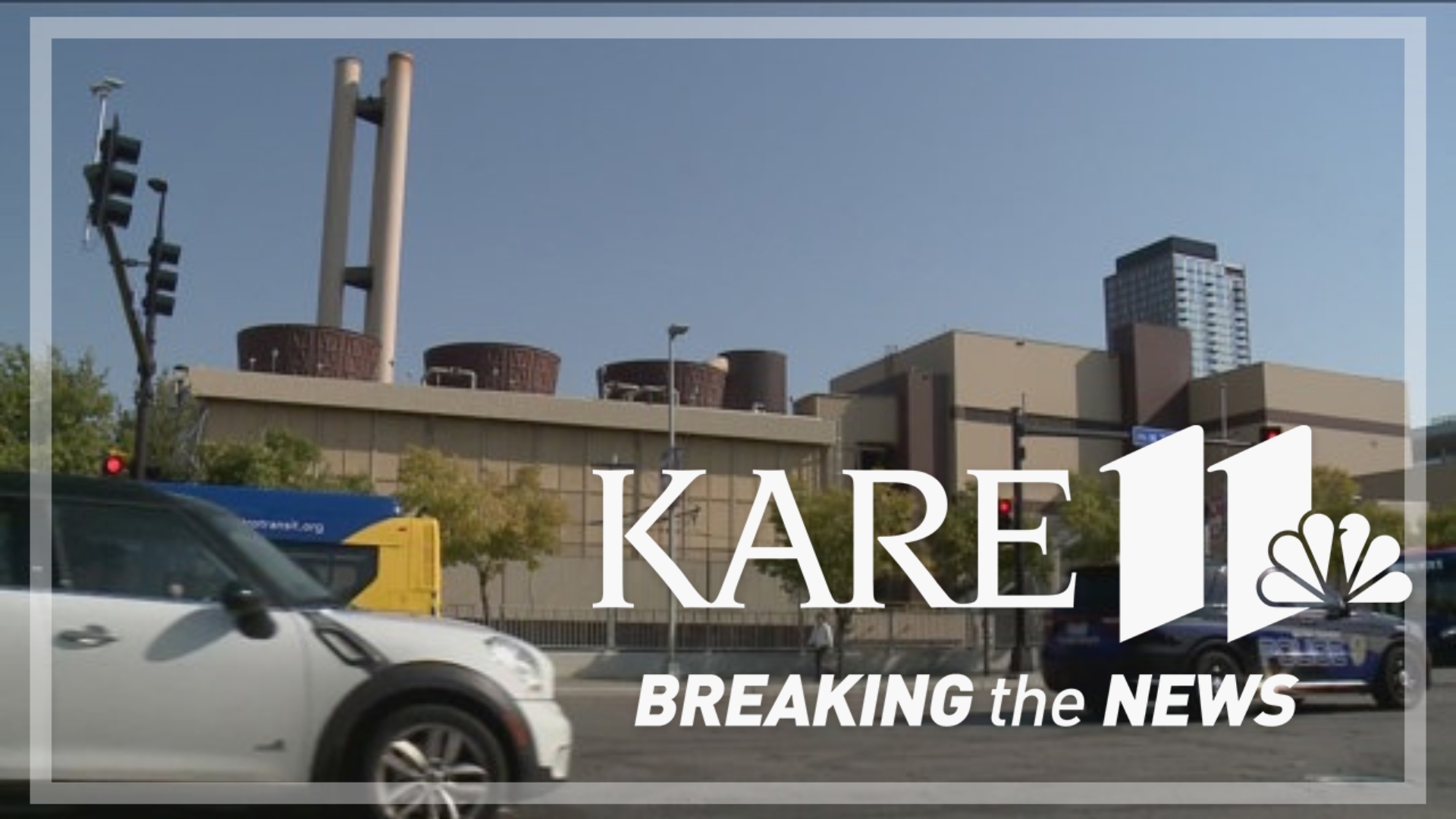MINNEAPOLIS — Ever since 1989, when the Hennepin Energy Recovery Center (HERC) first opened, people have protested against it. On Thursday that fight continued.
The Minneapolis City Council proposed a resolution that calls for a closure date of the HERC sooner rather than later.
Concerned residents sounded off at the meeting on the North Loop trash incinerator that burns roughly 365 thousand tons of garbage a year.
"The HERC is terrible for public health, it's also bad for the climate," a concerned resident said.
In October 2023, the Hennepin County Board signed off on a plan to close the HERC between 2028 and 2040, depending on how quickly the county can transition into a zero-waste system. Those opposed want it closed by the end of 2025.
"The solution to resolving these risks is to close HERC as soon as possible and strongly commit to reducing reusing and recycling waste," a concerned resident said.
Of the garbage burned at the HERC, 75% comes from the city of Minneapolis. The other 25% comes from a dozen other cities in the area. The HERC produces enough energy to power more than 25,000 homes and half the buildings in downtown Minneapolis.
At Thursday's City Council Meeting, Jenni Lansing with the City of Minneapolis Health Department provided analysis on the air pollution impacts of HERC. She said the health department supports working towards a zero-waste future and the ultimate closure of HERC, but said closing it now is not the solution.
"Overall emissions in Hennepin County are dominated by on-road and non-road, mobile and nonpoint sources, and these sources drive the cancer and non-cancer risks to health in Minneapolis," Lansing said.
According to the Minnesota Pollution Control Agency, the HERC contributes to 0.24% of all Hennepin County emissions, and the risk of someone developing cancer from the HERC is 1 in 100,000. For context four in 10 people in Minnesota will have cancer in their lifetime showing the risk for cancer is minimal according to these stats.
"The premature closure of HERC will result in increased truck transportation of trash throughout the county and outside of Hennepin County to landfills, resulting in more than 10,000 additional trips by semi-trailer trucks," Lansing said.
This increase in semi-trailer traffic to landfills, Lansing said, would be a much greater contributor to cancer and air pollution in Minneapolis than the HERC is.
Hennepin County defines zero waste as preventing 90% or more of all discarded materials from being landfilled or incinerated. A final vote on the resolution is expected on October 31.

